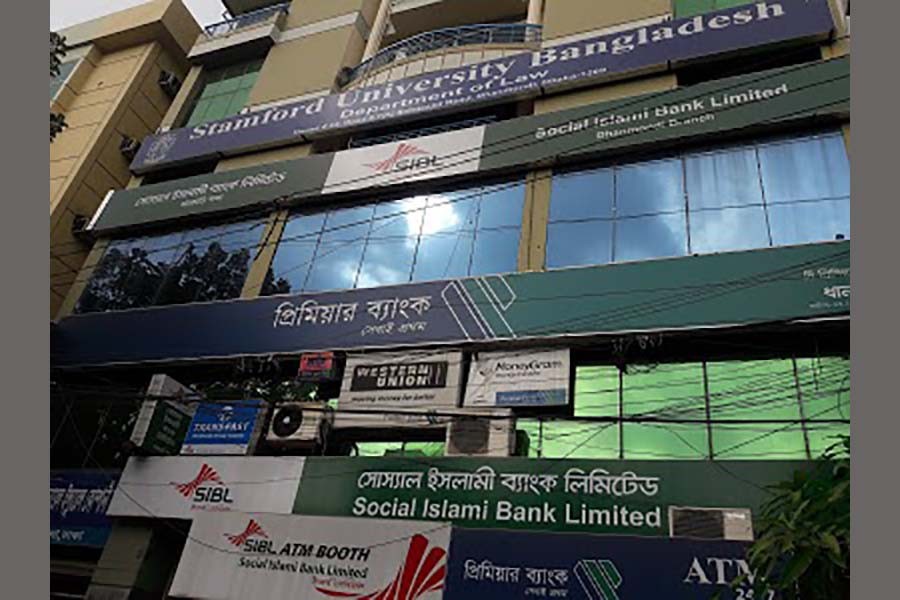If the government's decision to allow nine new private banks in 2012 had taken many by surprise, the process that has been going on lately to allow three more would only baffle them.
It is not a secret that banks that were allowed to operate in a very competitive market in 2012 got the permission under 'political consideration'. The same also is prompting the government this time to make an identical decision. But the question is: Is the government taking the decision on fair and justified grounds?
One does not have to be an economist or a banker to find so many lapses in the latest move by the government. But the finance ministry, it seems, is promise-bound to overlook those.
One basic fact-the developments surrounding a number of banks that came into being in 2012-should not escape the notice of the government. Most of these banks are finding it quite difficult to stay in business. They are yet to build business relations with foreign banks and dependent on the support of other banks to do external trade transactions. Some are even borrowing from other banks to continue their operations. Their sorry tale does not end there. The central bank has unearthed major financial irregularities on the part of a number of directors of, at least, two banks. The chairman, the head of audit committee and the managing director of one bank have been forced to resign.
Undeniably, if the government really sticks to its decision to allow more banks in the private sector, the situation in the banking sector is likely to be even more troublesome in the future.
The banking sector is in serious difficulty with its heavy burden of non-performing or soured assets. The size of classified loans has been growing. Its volume increased to more than Tk 800 billion at the end of the third quarter of the current calendar year. The non-performing loans now constitute 10.6 per cent of the total outstanding loans of all banks. However, the same in the case of public sector banks is over 25 per cent.
The state-owned banks, usually, get bashing from all around for their alleged mismanagement and irregularities. However, it cannot be said the situation with the private banks is quite perfect. Rather, a thorough look into their loan portfolios might help detect quite many unpalatable facts that would, as a natural outcome, further strengthen the arguments opposing the decision to allow more new banks in the private sector.
The finance minister is right when he justifies the approval of new banks pointing to the size of the country's economy. But the economy does not cover the urban centres only. The vast rural areas are also its integral part. The number of rural branches belonging to the private banks has been very negligible. The public sector banks are still major and active players in rural economy.
There is no denying that rural branches do not, in most cases, fetch profits for the banks. But the vast majority of unbanked people live in rural areas and they need to be served. The central bank while granting permission to new banks does make it mandatory for the new banks to open branches in rural areas in certain ratio. But most private banks under different pretexts do not comply with such provisions.


